
News about Overweight
Viser 1 til 24 af 26 dokumenter.


Ultra-processed foods harm men’s health

Genetic test predicts obesity in childhood
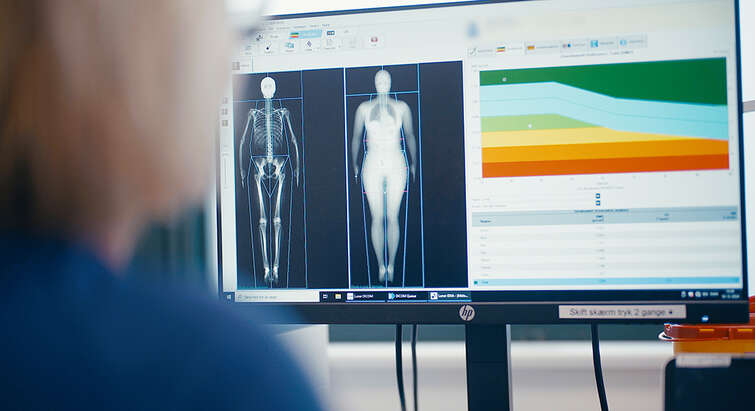
Loos Group launches Denmark’s largest precision health cohort

ERC grant funds research to support weight loss maintenance

Groundbreaking discovery could lead to next generation of weight loss drugs

A simple blood test can help spot health risks for children with obesity

Children born underweight are at increased risk of disease if they develop obesity

Obesity may not wreck the body’s defense system against weight gain
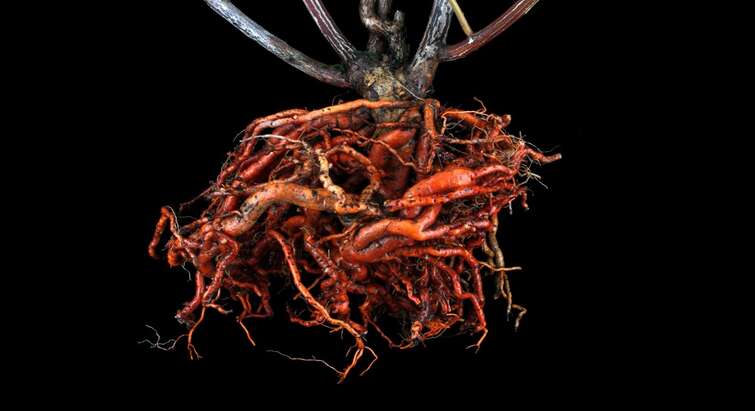
Breakthrough: Weight loss drug from highly toxic plant can now be produced in yeast

Breakthrough: Weight loss drug from highly toxic plant can now be produced in yeast

The more we exercise, the longer we lounge around

Medical treatment of fatty liver may be possible thanks to omega-3 fatty acid nanoparticles
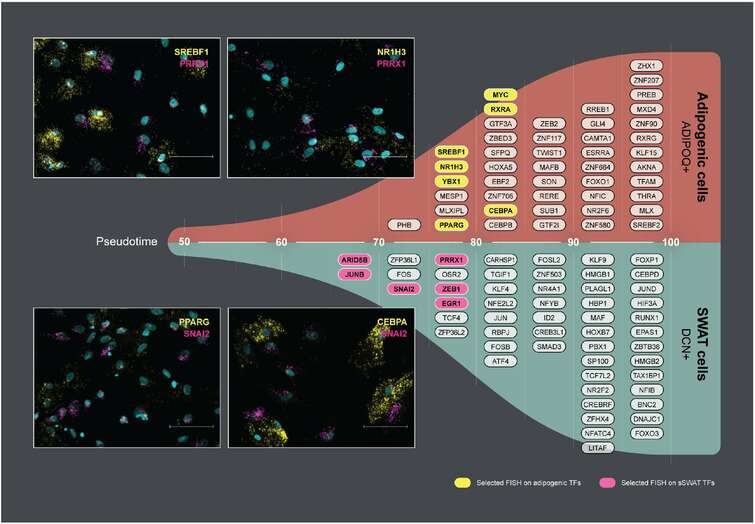
A secret sibling of fat cells could hold new clues to understanding fat’s role in cardiometabolic diseases
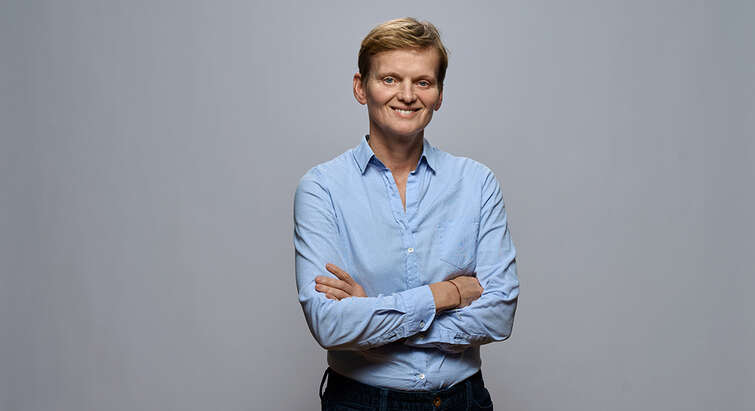
Professor Ruth Loos awarded Obesity Prize for Excellence

Professor Ruth Loos awarded Obesity Prize for Excellence
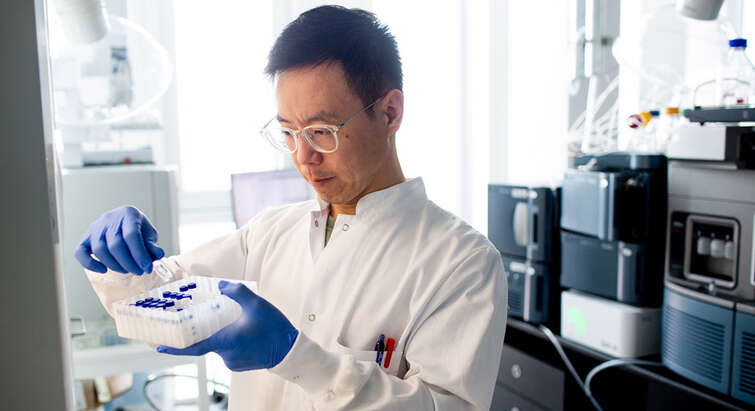
CBMR secures five-year funding extension from Novo Nordisk Foundation
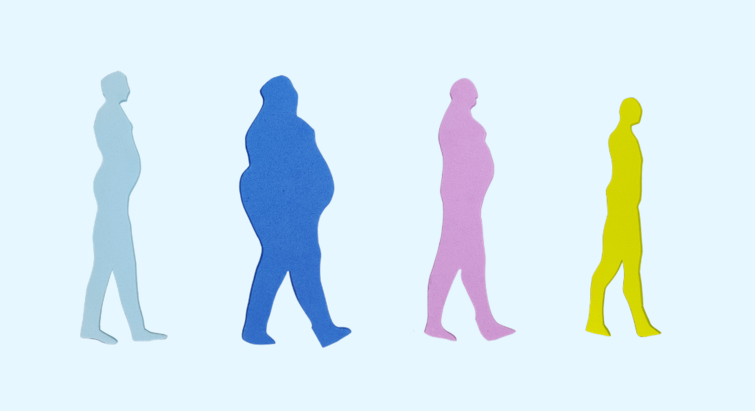
Hormone predicts ability to maintain weight loss

New research project will investigate the effect of sleep extension on body weight, metabolism and learning ability in children
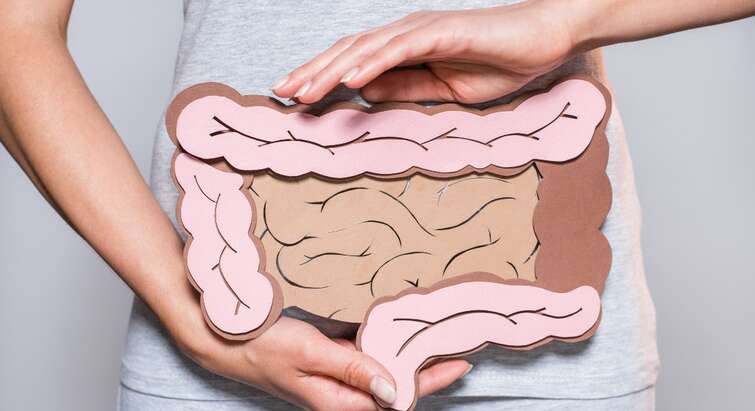
Some guts are better than others at harvesting energy

Some guts are better than others at harvesting energy
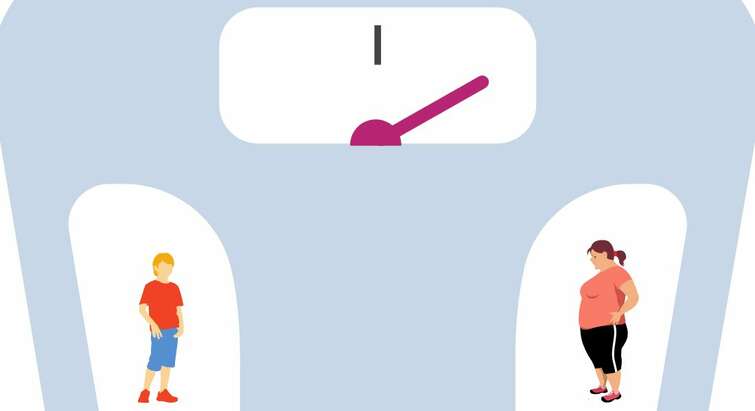
Parents’ weight status plays a key role in whether or not their children become overweight and obese
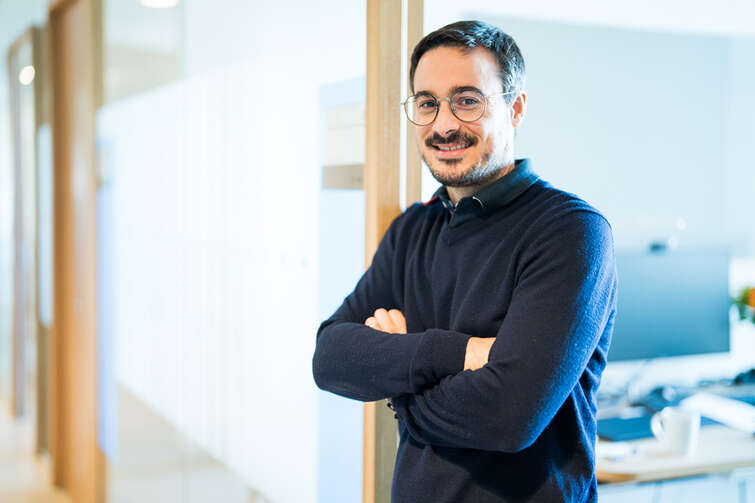
“If fixing metabolic diseases was easy, someone would have done it by now”

